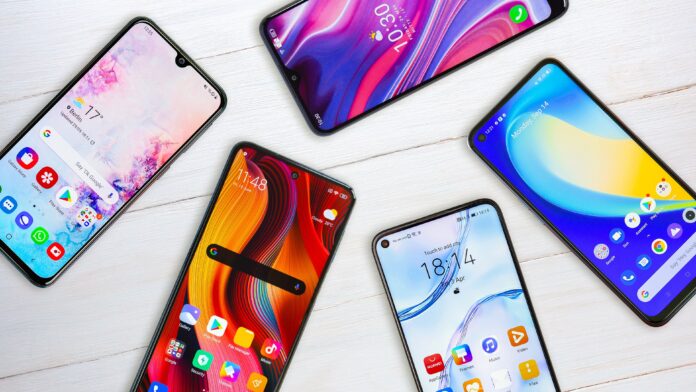Mobile phone industry anticipates reducing climate impact
By Jeph Ajobaju, Chief Copy Editor
At least 12 leading telecom firms have signed up to recycle and create new use cases for the five billion mobile phones currently unused, the Global System for Mobile Communications Association (GSMA) has disclosed.
The firms have agreed to a new set of pace-setting targets developed by GSMA, in a project that will be led by Tele2 and Orange to accelerate and build upon the work being undertaken by the mobile industry.
GSMA affirmed the industry has taken steps to move away from the traditional ‘take-make-dispose’ approach to the materials used in mobile phones.
“Operators are committing to increase take-back of mobile phones. By 2030, the number of used mobile devices collected through operator take-back schemes amounts to at least 20 per cent of the number of new mobile devices distributed directly to customers, boost recovery of mobiles and prevent devices going to landfill or incineration,” GSMA said.
But 2030, it anticipates, 100 per cent of used mobile devices collected through operator take-back schemes would be repaired, reused, or transferred to controlled recycling organisations.
GSMA also explained:
- This new set of goals is intended to help reduce e-waste, extend the longevity of mobile devices by giving them a second life, as well as recycle materials to be used in new smartphones.
- A refurbished phone could have 87 per cent lower climate impact than a newly manufactured phone.
- If properly recycled, five billion mobile phones could recover $8 billion worth of gold, palladium, silver, copper, rare earth elements, and other critical minerals, and enough cobalt for 10 million electric car batteries.
“Most mobile operators around the world are already taking concrete actions to rapidly cut their carbon emissions over the next decade,” GSMA Chief Regulatory Officer John Giusti said.
__________________________________________________________________
Related articles:
Nigerian subscribers lose N12b to telecom crime
Telecom contributes N2.5tr to GDP, as phone subscribers rise to 223m
Nigeria achieves 50% of broadband target, NCC confirms
__________________________________________________________________
Reducing climate impact
“Moreover, mobile connectivity is playing a major role in helping all sectors of the economy reduce their climate impact, enabling smarter and more efficient manufacturing, transport, and building, to name a few.
“However, mobile operators are determined to go further,” Giusti stressed, per The PUNCH.
“We believe in the need to move to a more circular economy to reduce the impact of mobile technology on the environment and applaud the latest commitments from 12 leading operators to accelerate the transition to greater circularity.
“In addition to the environmental benefits, more efficient and responsible use of resources could lower costs and make devices more affordable for the unconnected.”
GSMA enthused using phone materials effectively could potentially lower the cost of manufacturing mobile phones, and tackle affordability barriers preventing more people from getting online.
“This initiative underlines the significant momentum underway in the operator community to boost decarbonisation and the circular economy and we are proud to be part of it,” added Philippe Lucas, Executive Vice President, Devices and Partnerships at Orange.
“It is only by working collectively that we can succeed, hence why Orange is playing a pivotal role in driving device longevity in the smartphone ecosystem, working with hardware and OS providers alike.
“Initiatives like these underscore our unwavering commitment to a sustainable future and will support Orange’s mission to attain net-zero carbon emissions by 2040.”




